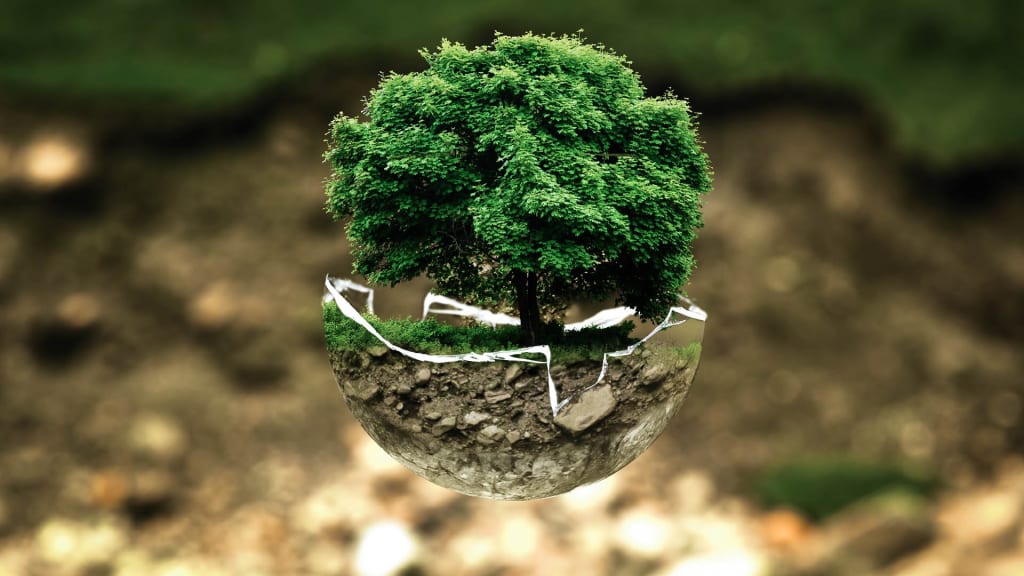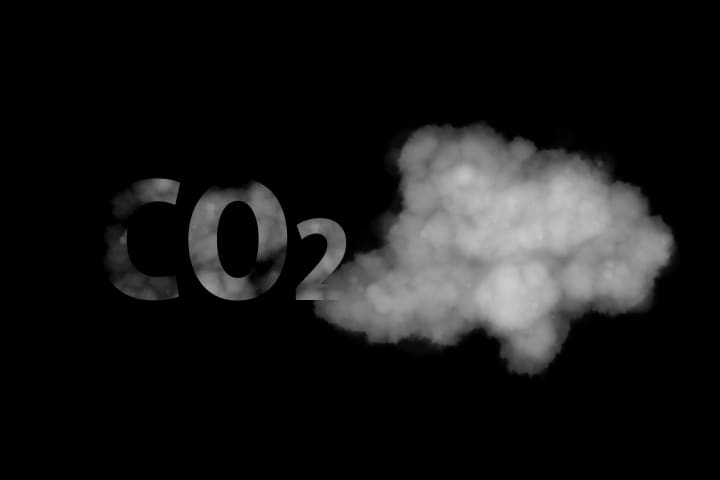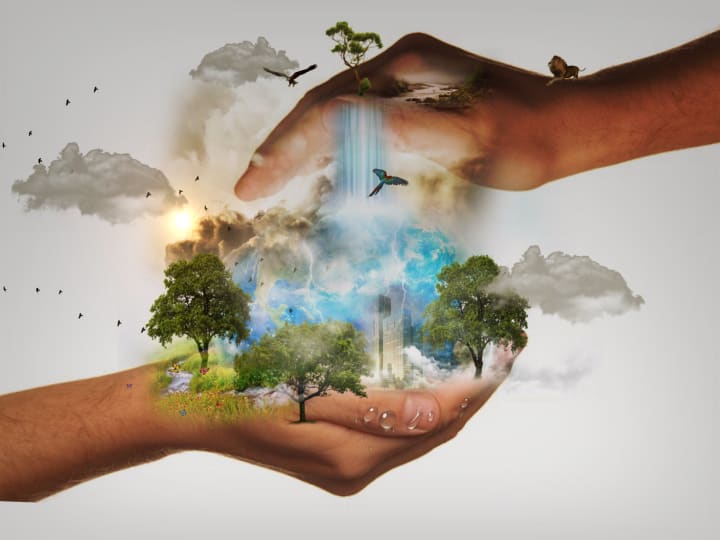4 Interesting Facts About Planet Earth
“The Earth is a fine place and worth fighting for.” —Ernest Hemingway

Earth day observed on April 22 every year marks the anniversary of the modern environmental movement in 1970. The first Earth Day was an American movement started by United States Senator Gaylord Nelson. Later in 1990, Denis Hayes took it international and organized events in 141 nations. Today, all over the world, we celebrate Earth Day. Have you ever wondered about how the planet Earth holds us stable in perfect harmony, withstanding the mess we do it? Let’s think about some of the interesting things about our patient Mother Earth.
Does Earth hold billion cubic miles of water?

Water covers the Earth’s surface, and the oceans hold 96.5 percent of all Earth’s water. It exists in the air as water vapor, in glaciers and icecaps, in rivers, lakes and ponds, in aqueducts, in you and in every living being.
Water never sits still, and because of the water cycle, our planet’s water supply is constantly moving. We will thank the water bodies and properly use it for our needs.
Hello, Earth. How old are you?

Our planet Earth doesn’t have a horoscope or a birth certificate to find its age. Scientists have struggled hundreds of years to determine age of Earth. Scientists have scoured the Earth, searching for the oldest rocks. By dating rocks in Earth’s crust, rocks in other planets like moon and from meteorites which visited our planet, scientists calculated Earth is 4.54 billion years old, with an error range of 50 million years. . Our planet withstands all the odds, we should take time to think about its wonder.
Carbon Dioxide does not control global temperature

The scientists assumed that rising CO2 emissions from human activity would cause a rapid rise in temperature, but it didn’t. Because of the high heat capacity of water and the enormous volume of the global oceans, Earth’s surface temperature resists rapid changes. Some of the greenhouse gases force the Earth’s surface to absorb in any year gets hidden for time-being by the ocean. This delayed reaction means rising CO2 levels don’t immediately have their full impact on surface temperature. It doesn’t mean carbon emissions won’t impact global warming. If we are not responsible for handling the carbon emissions dumped into our atmosphere, then the risk we pose to our planet will be irrevocable.
Humans have permanently damaged the ozone layer - Is it unamendable?

Scientists detected large depression in the ozone layer over the South Pole in 1984. Research found that chlorofluorocarbons (CFCs), used for refrigeration and in aerosol cans, had infiltrated the upper atmosphere. They readily reacted with ozone at a faster rate than it could reform. Less ozone means less protection from UV rays. The problem grew as the layer shrank. A worldwide crisis in public health seemed inevitable.
The crisis coincided with a widespread awareness of human-induced climate change. But while climate change remains a pressing problem, ozone depletion is no longer a grave concern. CFCs and related chemicals got banned in the 1987 Montreal Protocol. Within a decade, ozone levels stabilized and then recovered.
The ozone hole is still around, but shrinking. The damage we caused to the ozone layer is lamentable, but it serves as a timely wake-up call. Before the end of the century, we can fully recover with the right awareness and environment responsibility. When we get together, understand the facts and agree to collaborate, even a planet-wide problem can be reversed.

Reducing the effects of global warming includes reducing fossil fuel use, conserving electricity, using renewable energy technologies and replanting and protecting forests. Let’s fight for a clean environment with increased urgency, as the wrecks of climate change become more apparent every day.
About the Creator
Anitha Sankaran
I'm a freelance writer and a former IT professional. I write poetry, articles about personal development, short stories and flash fictions.
Twitter: @sankaran_anitha
Insta: @anisesh1






Comments
There are no comments for this story
Be the first to respond and start the conversation.